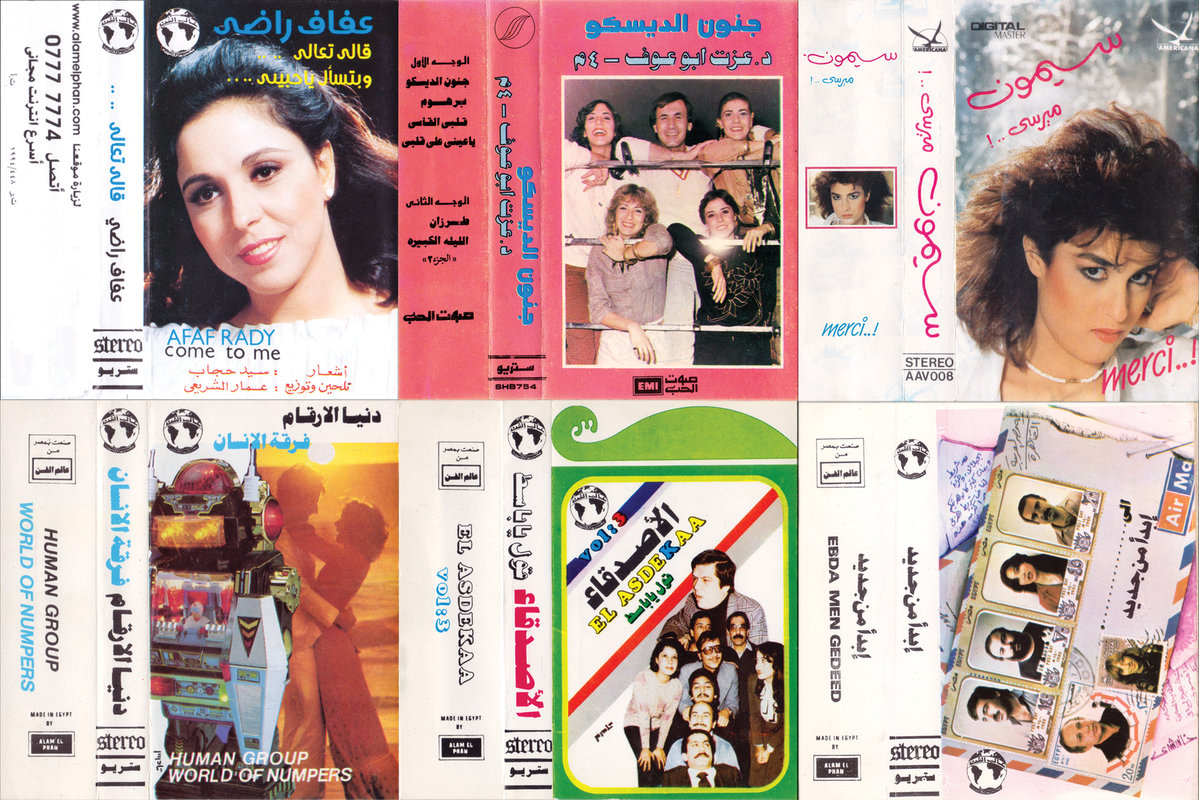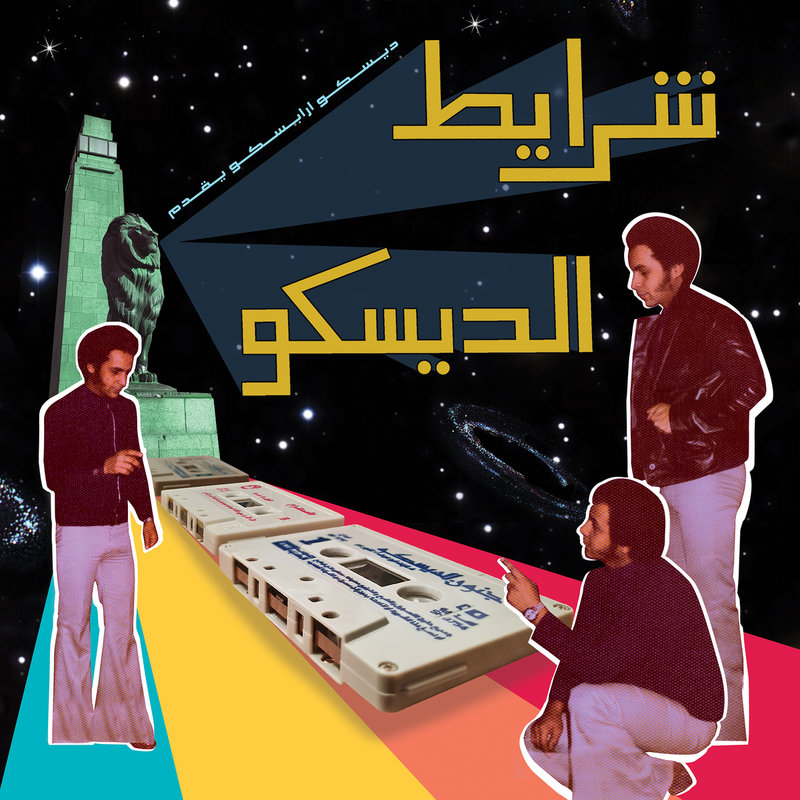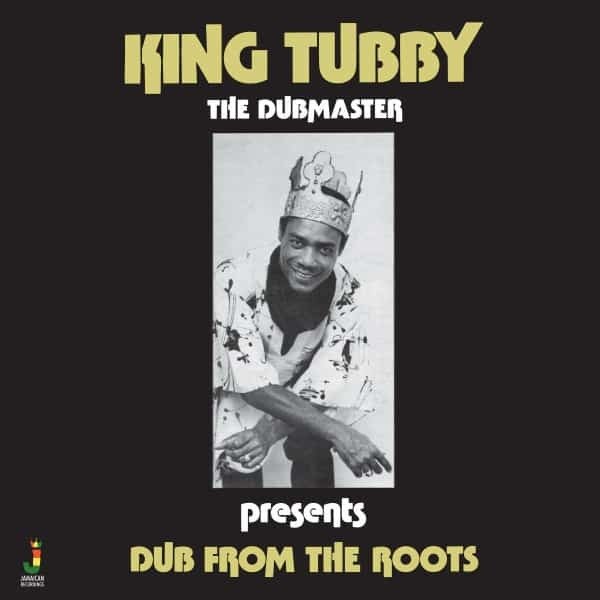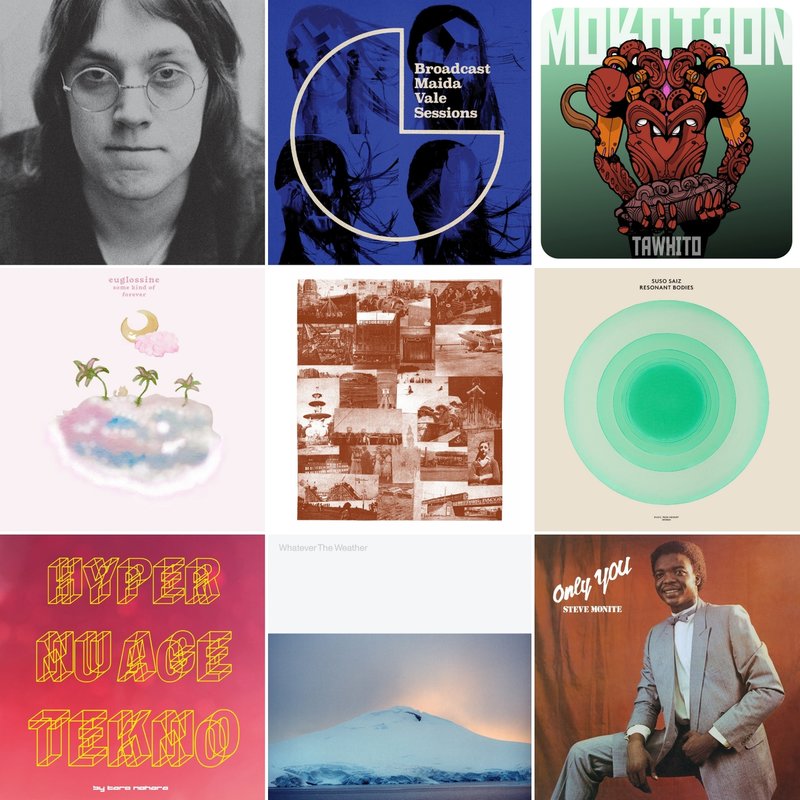
On June 3 2022, the French reissue label Wewantsounds will release a new LP compilation album titled “Sharayet el Disco”. Compiled by the Amsterdam-based Egyptian vinyl & cassette collector, blogger and DJ Moataz Rageb, aka Disco Arabesquo, “Sharayet el Disco” brings together nine vivid disco-not-disco, boogie-not-boogie deep cuts from Egypt’s eighties cabaret and cassette tape scenes. Mostly never released before on vinyl, the songs included chart a life-affirmingly funky pathway through Rageb’s deep - in a sense lifelong - investigation of the music of his childhood. Even better, the compilation comes packaged with beautifully detailed liner notes and artwork from the young Egyptian graphic designer Heba Tarek. Last week, I spoke with Rageb via Zoom to learn a bit more about “Sharayet el Disco” and the context it emerged within.
In the liner notes for “Sharayet el Disco”, you mention that there wasn’t really a disco scene in Egypt?
No, there wasn’t really a disco scene. Arabic disco wasn’t a genre in itself, but I’ve tried to compile songs that align with my idea of the genre.
So it’s a new way of looking at history?
Absolutely. Also, the title that we chose for the compilation, “Sharayet El Disco”, means disco cassettes. The idea is that, in that period, you also had this very lively Cairo cassette culture, as they called it. People were always going to these small kiosks on the corners of the Cairo streets where these small shops had the newest cassettes. If a cassette was hot, it sold out very quickly. I’m in touch with a lot of collectors in Egypt who used to buy cassettes there in the eighties, and they tell me these stories.
I wanted to showcase the crossover between what Egyptians did with that genre of music and their creativity with the synthesisers that came out in that period.
What is it about that period that attracts you?
It’s the experimentation with new sounds. Disco was one of the sounds of the eighties, and it had a worldly influence, but they were just really inspired by the sounds coming from Europe and America at the time. It’s similar to what happened with Bollywood in India. I wanted to showcase the crossover between what Egyptians did with that genre of music and their creativity with the synthesisers that came out in that period.
I imagine that a lot of these tracks would have been outliers on albums released at the time?
Exactly. You always have to dig deep into the cassettes to find that one song that has the experimentation because it was always also a thing that they had to align with the tastes of the listeners. If people are not used to a certain sound, you have to bring it gradually. You could do one or two songs on an album and then hope they pick it up and like it. Even if they did a disco song, there was this rule that they always had to put a darbuka drum on it so that it was still aligned with people’s ears and the Arab world. They always had to find the right balance between what people know and what is new to people’s ears.
If there wasn’t a disco scene, what kind of scenes were these groups playing or recording in?
There was a night scene, but there wasn’t a club scene in the way disco was done in the western world. They were playing at places called cabarets, which were these places people went to listen to bands and watch belly dancers. You also had hotels that had cafes underneath them. A lot of the cafes would have the name of the hotel. There, you had these bands. A lot of the bands started out playing western covers. So, you had bands like Les Petits Chats and Firkit el Four M, who are on the compilation. Once they could play western songs, they started doing them with Arabic lyrics as something new.
Having a residency at a hotel would have been a big thing for a band at the time, right?
Yes. It was also a thing where ex-pats used to come. So it was for tourists, local residents and ex-pats. They had to find a mix between western music and traditional Arabic music in these places. They were also places where it was more about the performance than a dance floor. Dance floors did happen, but they weren’t the main focus.
In Egypt, they also called it the cassette revolution. It shook the music industry up, and record labels weren’t needed in the same way anymore.
Can you talk more about the Cairo cassette culture?
Absolutely. In Egypt, they also called it the cassette revolution. It shook the music industry up, and record labels weren’t needed in the same way anymore. People could just buy cassettes, record the music themselves, duplicate it cheaply and sell them themselves. In the past, labels had been needed because it is very capital intensive to press vinyl, so this cheaper version made it possible for everyone to record their own music. The thing is, the recordings weren’t all good. I’ve heard some very shitty cassettes from the era.

Were they recording at studios or at home?
The recording process was very diverse. People were recording at home and duplicating their own cassettes, but there was a certain moment when there were more professional studios. The first professional studio in Egypt was called Delta Sound Studio. That was in the mid-eighties. The guy was married, and his wife’s father had a big company that did cement and stuff. It was a totally different business, but he had money he wanted to invest. He asked his daughter’s husband if he knew of a project, and he said there are not a lot of good studios in Egypt. I’d like to build one. They had the newest panels and microphones. A sound engineer came over from Europe to teach them how to use it.
Interesting.
This was also part of a historic event. In Egypt, you had a socialist view of society, which changed during the eighties under President Sadat, who opened the economy up for consumerism. There was a lot of investment into the country and a lot of import of technology into Egypt. You also had people travelling outside of the country who returned with new knowledge of genres they wanted to experiment with.
Sharayet El Disco: Egyptian Disco & Boogie Cassettes 1982-1992 (selected by Disco Arabesquo) is due for release in LP format June 3 through Wewantsounds. pre-order a copy here.


